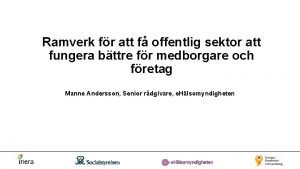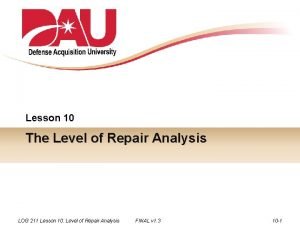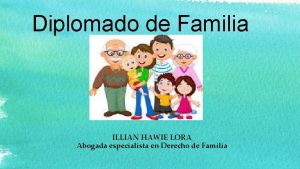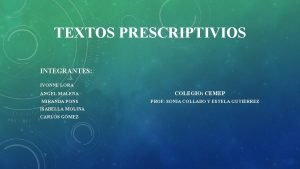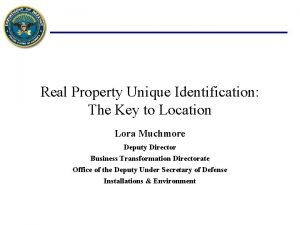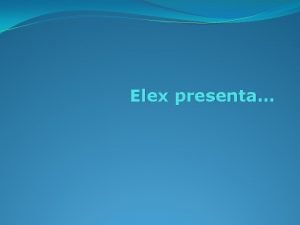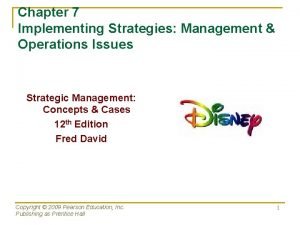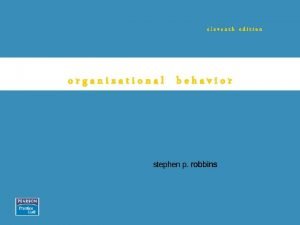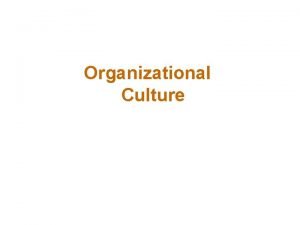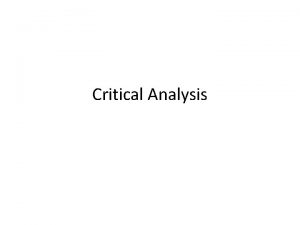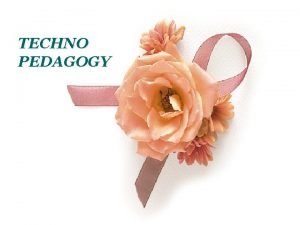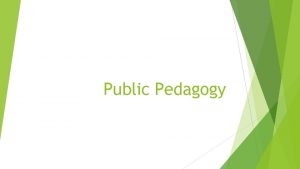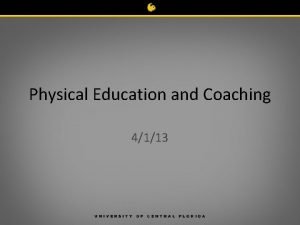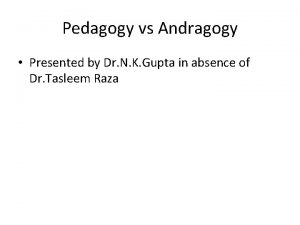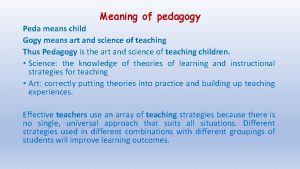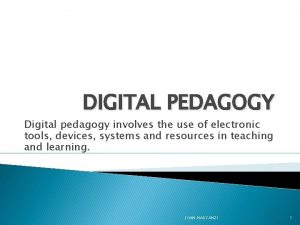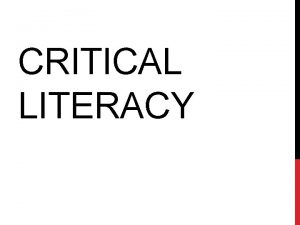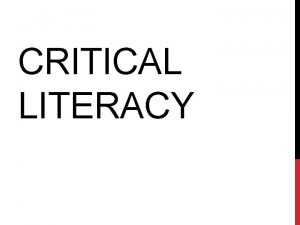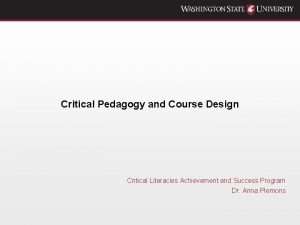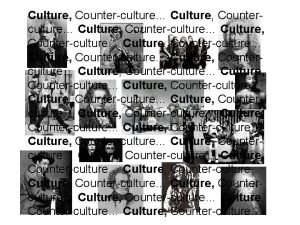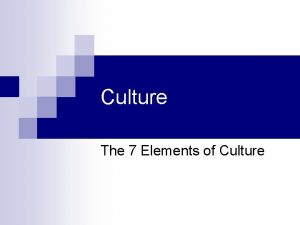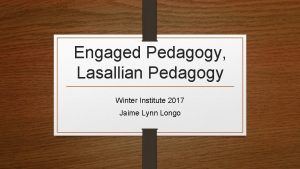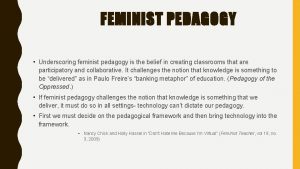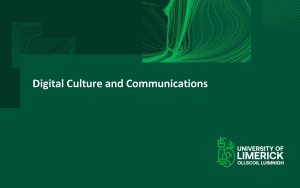Creating a Culture for Critical Digital Pedagogy Lora



















- Slides: 19

Creating a Culture for Critical Digital Pedagogy

Lora Taub-Pervizpour @ltaub Associate Dean for Digital Learning Muhlenberg College Kathy Harring @keharring Dean of Institutional Assessment & Academic Planning

Photo by Neil Rogers

Principle 1: Design faculty development experiences that embody the same participatory and open pedagogies we aim to promote in blended learning.


6 cohort meetings consults with DL team 5 day online course peer review of courses 1 Intensive workshop share

Intro to Psychology


Principle 2: Critical digital pedagogy demands we think not only about how we work with technology but how we work with each other. This means breaking down silos, working at the edges of our units, being invested in each other’s success in the service of teaching and learning.

Cultures of critical digital pedagogy need: Learning with colleagues Interdisciplinary community of inquiry Supportive environment Faculty agency and voice Collaborative solutions to shared problems Reflective Dialogue Play

What does critical digital pedagogy look like to you? Tweet your thoughts in 4 words. #4 worddigped Photo by Kevin Dixey ©

Assessment of Student Experience in Online and Blended Courses Online survey with 8 common items: – Clarity of directions – Course organization &ease of navigation – Expectations for online behavior – Outline of technical skills – Technological support &information – Meaningful interaction between students – Effect of online videos & activities to support learning – Course-specific questions added by faculty

Who Were Our Students? • • • Almost all were traditional day students (86%) All class years were represented Majority were juniors (39%) Over half were women (58%) Most had no prior online course experience (67%)

What Did We Learn About the Student Online Course Experience? • Students reported very positive learning experiences across all courses • The majority of students (80% or more) perceived that: – Directions to find course components were clear – Courses were well organized and easy to navigate – Expectations for online behavior were clearly stated – Technical skills were outlined – Courses required students to interact with one another in meaningful ways – Online instruction and videos/activities supported learning

Issues to Consider for Future Online Course Offerings • First year students reported significantly lower ratings than their peers. – Implications for advising, communication. • Students’ ratings of technical support information provided by course were lower than ratings of other items. – Course technology and student support needs may vary, but detail, clarity, and prominence of information about technology support is key.

Evaluating Faculty Development for Teaching Online • What was helpful? • • • Learning with colleagues in cohort Sharing ideas & examples within group sessions Hands-on sessions with Digital Learning Team Being a student in the online course workshop High level of one-on-one institutional support Stipend

What Did Faculty Learn from Teaching Online/Blended Courses? • Intentional faculty presence and feedback is critical • Need to communicate clear expectations for student work flow and online communication • You can build and develop a meaningful learning community in online courses • Teaching online/blended courses leads you to rethink your F 2 F pedagogy

Small Group Reflection: Collaborative Faculty Development • What opportunities can you leverage on your campus to create collaborative faculty development to deepen faculty engagement with digital pedagogies?

Follow up questions? @ltaub @keharring Photo by Scott Beale
 Critical semi critical and non critical instruments
Critical semi critical and non critical instruments Semicritical
Semicritical Offentlig förvaltning
Offentlig förvaltning Lru vs sru
Lru vs sru Lora verheecke
Lora verheecke Illian hawie lora
Illian hawie lora Miranda integrantes
Miranda integrantes Lora muchmore
Lora muchmore Elex lora
Elex lora Lora koretz rate my professor
Lora koretz rate my professor Creating a strategy supportive culture
Creating a strategy supportive culture Culture vs formalization
Culture vs formalization Creating the culture of british north america
Creating the culture of british north america Institutionalization organizational culture
Institutionalization organizational culture Critical reading meaning
Critical reading meaning Techno pedagogy
Techno pedagogy Public pedagogy definition
Public pedagogy definition What is sport pedagogy
What is sport pedagogy Pedagogies meaning
Pedagogies meaning Pedagogists means
Pedagogists means


